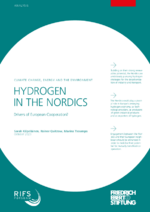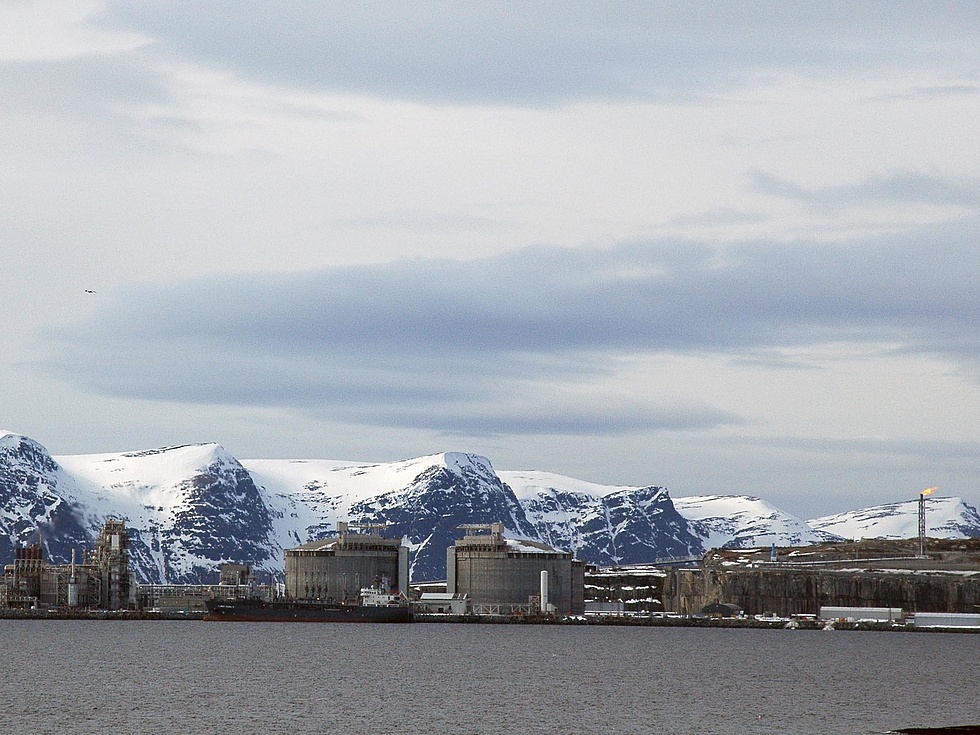Hydrogen in the Nordics: Drivers of European Cooperation?
Building upon the multiple applications of hydrogen - from transforming the hard-to-electrify sectors to powering green industrial processes - the Nordic countries often count as front-runners with a solid strategic framework for scaling up the hydrogen economy.
The new study “Hydrogen in the Nordics: Drivers of European Cooperation?” by the Research Institute for Sustainability Potsdam (RIFS) shows that the surplus electricity produced from renewable sources could be used for the production of green hydrogen to decarbonize hard-to-abate sectors.
Although a robust enabling environment for innovation and a good investment climate exist, infrastructure development must align with concrete needs and policy goals. This includes the regional transport infrastructure and the integration with the European Hydrogen Backbone.
The extent to which hydrogen might be exported is still subject to debate. For now, exporting renewable hydrogen and its derivatives only features as an explicit policy goal in Denmark. Norway holds a particular position because of its gas fields and ambitions to produce and market low-carbon hydrogen from natural gas (blue hydrogen). In summary, the Nordic countries have the potential to contribute significantly to the EU`s drive towards a competitive hydrogen economy if infrastructure development is prioritized and regulatory questions regarding blue hydrogen are addressed.
Presentation of the Study on October 12, 2023
Kilpeläinen, Sarah; Quitzow, Rainer; Tsoumpa, Marina
Hydrogen in the Nordics
Bonn, 2023
Download (PDF) (230 KB, PDF-File)


